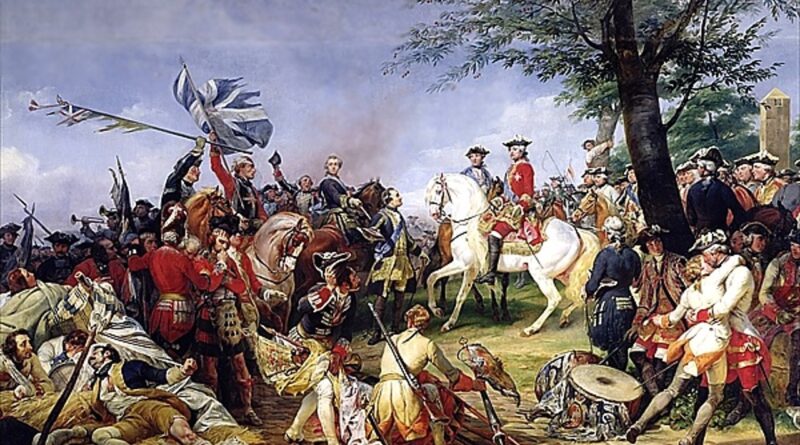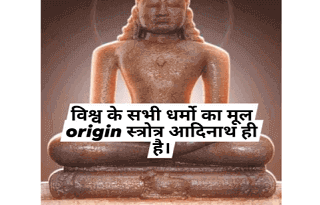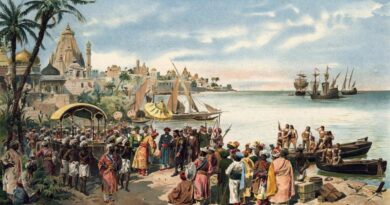The Anglo-French Struggle for Supremacy in India
English and French Companies were inevitably drawn into politics due to their trade interests. After the decline of the Mughal central authority, Mughal viceroys of Deccan were unable to protect trade interests of the European companies against the exactions of the subordinate officials or raids of the Marathas. Hence, European companies came to the conclusion that they required to develop their militaries to protect themselves. Both British and French companies wanted to maximise their profits. They sought to reduce all competition and gain monopolistic
control.
1. First Carnatic war
Genesis of the conflict can be traced to the Anglo-French hostility back home. Dupleix who succeeded Dumas as the French Governor advised his British counterpart to maintain neutrality which was not agreed to by the British. Dupleix took two simultaneous actions. He approached the governor of Carnatic Anwar-ul-din for instructions to the British and also messaged the French governor of Mauritius La Bourdonnais for reinforcements. When asked by Anwar ul din to maintain peace the British agreed but when Dupleix saw that reinforcements had come under La Bourdannais from Mauritius he decided to strike and won. He captured the British possessions in Fort St George, Madras and other nearby areas. The victory was soured because of differences between Dupleix and La Bourdannais. Peace finally came with the treaty of Aix La Chappelle in 1748 when the British got back Madras and the French got Louisburg in North America.
2. Second Carnatic war
After the death of NIzam ul mulk Asif Jah of Hyderabad in 1748 his second son Nasir Jung and son in law Mujaffar Jung were fighting for succession. The son in law was helped by the French (Dupleix) and the son by the British. Dupleix’s party won resulting in increase in the French possessions and a personal jagir worth 10000 pounds annually. After Robert Clive’s arrival on the scene the British recaptured Arcot and established control over whole of carnatic. Dupleix was recalled in 1754 and his successor Godeheu signed treaty with the British undoing all that Dupleix had achieved.
3. Third Carnatic war
In 1756 the seven years’ war had started in Europe and the two sides started fighting in India as well. Count Lally the French Commander-in-Chief in India captured Fort St. David and recalled Bussy the French General who had remained in Deccan after the French victory in the first carnatic battle. After Bussy’s recall Salabat Jung of Deccan came under British influence and the British General Eyre Coote defeated Count Lally recapturing the lost British possessions. Normalcy returned with the signing of the Peace of Paris (1763) signed by representatives of Great Britain on one side and the United States, France, and Spain on the other.
4. Reasons for the defeat of French against the British
In the struggle for supremacy between British and French, British emerged victor after the end of the Third Carnatic War (1758-63). Following reasons were responsible for British victory:
- French were focussed at the same time on Continental expansion in Europe which divided their resources.
- French government was despotic, dependent on the monarch and inferior to the English system of government.
- French East India Company was a state department and wasn’t run as professionally as the British East India Company, whose shareholders always focussed on finances of the company. In contrast, shareholders were guaranteed dividends in France and French East India Company had to be subsidised on several occasions.
- British recognised the importance of Bengal, the resources of which were liberally used in the third Carnatic War. In contrast, French influence in Hyderabad did not yield them adequate benefits. In fact, it has been rightly said that no general could have won India by starting from Pondicherry as a base and contending with a power which held Bengal.
- Overall, British navy were more superior.
- Count de Lally, who was sent at a critical time, was high-headed and of a violent temper. He greatly alienated his compatriots.



